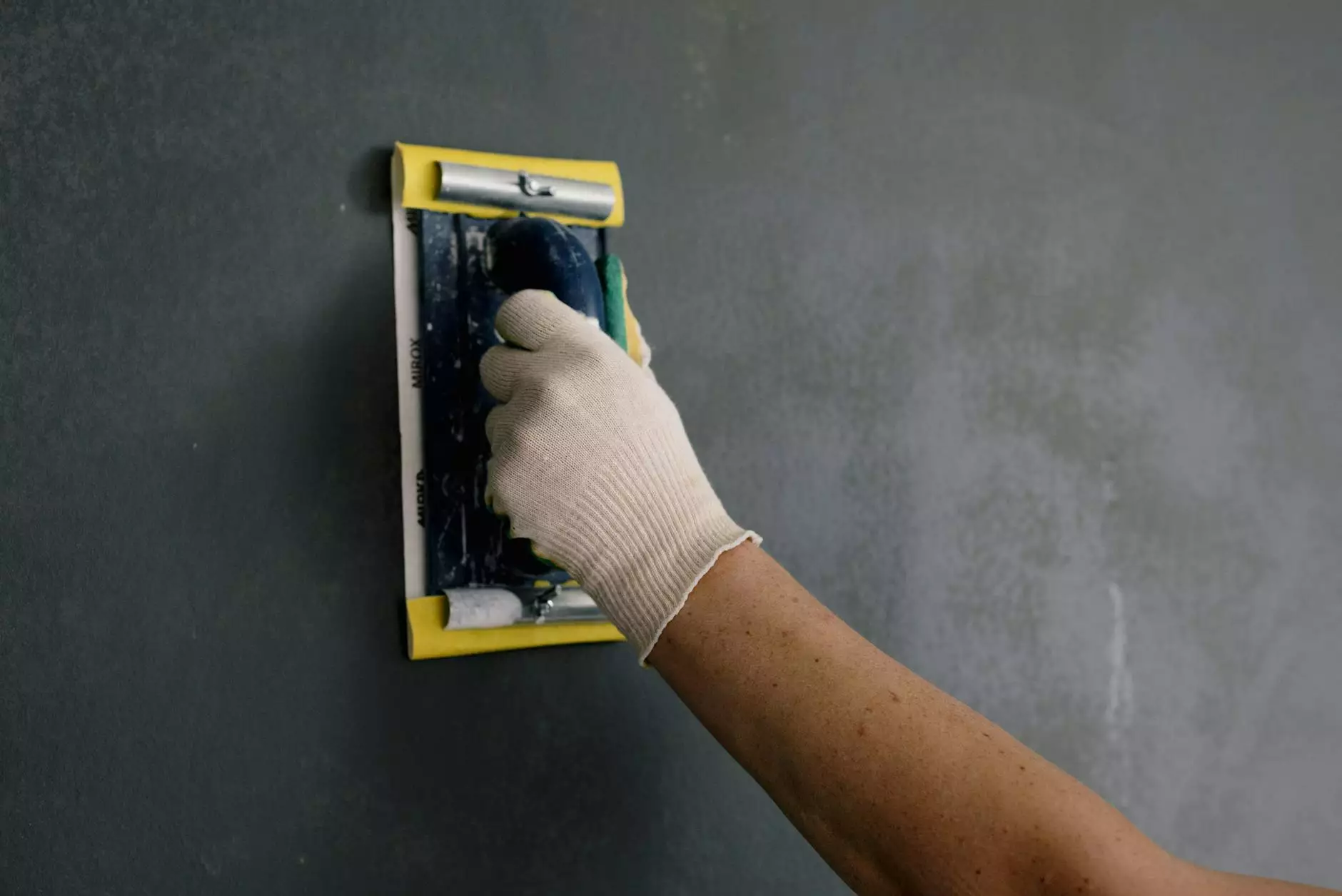Understanding the Role of a Korean Auto Parts Distributor

The automotive industry is an ever-evolving sector, where quality and reliability are paramount. Among the key players that contribute to this industry are korean auto parts distributors. These entities serve as crucial links between manufacturers and consumers, ensuring the steady flow of quality auto parts. In this comprehensive guide, we delve into what it means to be a distributor, the benefits of sourcing Korean auto parts, and how businesses can thrive through strategic partnerships.
What Makes Korean Auto Parts Stand Out?
Korean auto parts have gained a remarkable reputation in the global market for several reasons:
- Quality Assurance: Korean manufacturers adhere to strict international quality standards, ensuring that every part produced is reliable and durable.
- Innovation: Continuous research and development in blue-chip companies have led to advancements in automotive technology, making Korean parts more efficient.
- Cost-Effectiveness: Korean auto parts are often priced more competitively compared to parts from other regions, making them an attractive option for businesses looking to manage their expenses.
- Wide Range of Products: The diversity in the types of auto parts available—from engines to electrical systems—makes it easy for distributors to meet the needs of various automotive businesses.
The Importance of Choosing the Right Distributor
As the landscape of the automobile parts market continues to change, selecting the right korean auto parts distributor is critical. Here are some essential factors to consider when making this decision:
1. Quality of Parts
Ensuring the quality of the auto parts supplied is crucial. Reputable distributors will provide comprehensive documentation of the quality control processes that their products undergo.
2. Supplier Relationships
A distributor’s relationship with manufacturers can greatly influence pricing and availability. Look for distributors that have long-standing relationships with top Korean manufacturers.
3. Inventory Management
Efficient inventory management systems can enhance the distributor's ability to supply parts in a timely manner, minimizing downtime for businesses that rely on these parts.
4. Customer Support
Strong customer support helps build trust and ensures that all inquiries are handled promptly. Distributors should provide clear communication channels.
5. Logistics and Delivery
Evaluate the distributor’s logistics capabilities. Fast and reliable delivery is key to maintaining the flow of business operations.
Benefits of Partnering with a Korean Auto Parts Distributor
Engaging with a korean auto parts distributor presents numerous benefits, including:
- Access to a Vast Network: Distributors often have extensive networks, which can provide customers access to a broad range of parts and accessories.
- Expertise and Consultation: Established distributors are knowledgeable about the market and can offer valuable insights regarding parts selection and trends.
- Streamlined Operations: By sourcing parts from a reliable distributor, businesses can focus on their core operations without worrying about parts delays or shortages.
- Competitive Advantage: Using high-quality parts can improve service offerings and enhance customer satisfaction, leading to greater customer loyalty.
How to Evaluate a Korean Auto Parts Distributor
The process of vetting potential distributors involves several important steps:
1. Research and References
Begin by conducting thorough research online and gathering references from other businesses that have used the distributor’s services.
2. Assess Certifications
Check whether the distributor has the necessary certifications that validate their ability to supply quality products. Look for ISO certifications and other relevant industry certifications that assure quality.
3. Product Samples
Request samples of the auto parts before finalizing any agreements. This allows you to assess the quality first-hand.
4. Visit the Facility
If possible, arrange a visit to the distributor’s facility. Observing their operations can give you insights into their processes and commitment to quality.
5. Negotiate Terms
Engage in discussions to negotiate favorable terms, including payment options, return policies, and support services. Building a strong partnership often depends on clearly defined terms.
The Future of Korean Auto Parts Distribution
The automotive market is shifting towards sustainability and innovation, with electric vehicles (EVs) and automated systems becoming the new frontier. Korean auto parts distributors are already adapting to these changes:
- Sustainable Practices: Many manufacturers are focusing on eco-friendly parts that reduce the carbon footprint of vehicles.
- Involvement in EV Supply Chains: As the demand for electric vehicles grows, Korean manufacturers are investing in technologies that cater to this market.
- Smart Technologies: Incorporating smart technologies into auto parts has become crucial. Distributors that stay ahead of these trends will have a competitive edge.
Conclusion
In summary, the role of a korean auto parts distributor is multifaceted and pivotal in the automotive industry. The commitment to quality, innovation, and customer service positions Korean auto parts as a preferred choice for businesses looking to excel in a competitive marketplace. By carefully selecting the right distributor, companies can streamline operations, enhance product offerings, and ultimately drive sales. As the market continues to evolve, those who adapt and embrace new technologies and practices will thrive, setting the stage for sustained success in the automotive industry.









